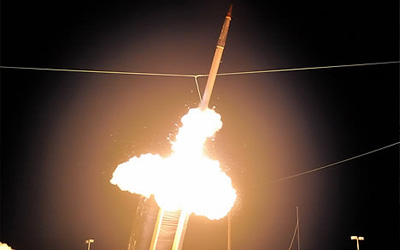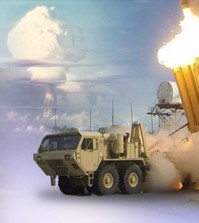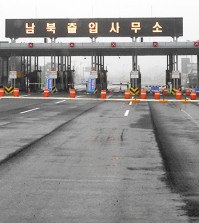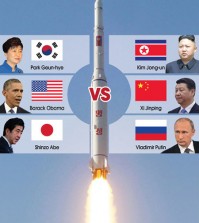- California Assembly OKs highest minimum wage in nation
- S. Korea unveils first graphic cigarette warnings
- US joins with South Korea, Japan in bid to deter North Korea
- LPGA golfer Chun In-gee finally back in action
- S. Korea won’t be top seed in final World Cup qualification round
- US men’s soccer misses 2nd straight Olympics
- US back on track in qualifying with 4-0 win over Guatemala
- High-intensity workout injuries spawn cottage industry
- CDC expands range of Zika mosquitoes into parts of Northeast
- Who knew? ‘The Walking Dead’ is helping families connect
China is reason THAAD needs to be considered: US lawmakers
By Lee Chi-dong and Lee Haye-ah
SEOUL (Yonhap) — The United States wouldn’t need to consider the deployment of a state-of-the-art missile defense system on the Korean Peninsula if China were playing a proper role in regional security, senior U.S. lawmakers said Friday.
“If China were doing enough to curb North Korea’s misbehavior, then there would be no need for THAAD at all,” said Rep. Jim Cooper (D-TN), a ranking member on the House Armed Service Committee’s panel on strategic forces.
He was on a trip here as a member of the U.S. congressional delegation headed by Rep. Mike Rogers (R-AL), chairman of the subcommittee that oversees Washington’s strategic weapons and ballistic missile defense.
Speaking exclusively to Yonhap News Agency, Rogers and Cooper acknowledged that the U.S. has little effective and realistic means left to control Pyongyang.
“China is really the player who’s got to get more involved in putting pressure on North Korea to behave in a rational fashion,” Rogers said.
Their comments apparently reflect widespread perceptions among U.S. officials that China is tepid in putting pressure on North Korea despite its political and economic influence.
Beijing is rather strongly opposed to the U.S. push for the permanent deployment of a THAAD unit in South Korea. THAAD is an acronym for Terminal High-Altitude Area Defense.
The two congressmen said Capitol Hill backs the Pentagon’s plan but made clear that the final call is up to South Koreans.
“The U.S. government is ready, in my view, to be a partner in that deployment should it be necessary. I have every confidence that the United States Congress is supportive of it,” Rogers said. “But the government of South Korea has to make the decision as to when they decide to see that capability deployed, that system deployed in this country.”
Certainly, he added, there is a budgetary problem for the U.S., but THAAD is a matter of “basic defense.”
Asked whether South Korea should share the financial burden for THAAD, Rogers was guarded, just saying it is an issue to be discussed after South Korea makes a decision.
He described the North’s nuclear and missile threats as a “never-ending challenge.”
Rogers and Cooper, along with their visiting colleagues, had a meeting with President Park Geun-hye on Thursday at the presidential office Cheong Wa Dae, but they said they did not raise the THAAD issue there.
Members of the U.S. Congress are looking forward to Park’s trip to Washington in June, they added.

















